CNC in Machining: What It Stands For and Its Importance
CNC stands for “Computer Numerical Control,” and it represents a revolutionary approach to machining processes in various manufacturing industries. This technology has transformed the way components are manufactured by automating machine tools through computer programming. By delving into the definition, functionality, and advantages of CNC, we can better appreciate its significance in modern manufacturing.

What is CNC?
At its core, CNC refers to the automation of machine tools using computer systems. This technology encompasses a wide range of machines, including milling machines, lathes, routers, and plasma cutters. Instead of requiring manual control, CNC machines are programmed to follow a set of instructions, which dictate the movements, speeds, and tool changes needed to manufacture a part or product precisely.

The programming for CNC machines is created using specialized software, which generates G-code and M-code. G-code instructs the machine on movements and actions, while M-code manages auxiliary functions like tool changes and coolant control. The result is a highly efficient and accurate machining process that significantly reduces the potential for human error.
The Evolution of CNC Technology
CNC technology emerged in the 1940s and 1950s, primarily within the aerospace industry, where precision was of utmost importance. Early CNC systems used punched tape as the programming medium. Over the years, advancements in computing power and software capabilities have led to more sophisticated CNC machines that offer enhanced functionality and versatility.
With the introduction of CAD (Computer-Aided Design) software, the integration of design and machining processes became seamless. Designers can create intricate models that can be directly translated into CNC programs, enabling manufacturers to produce complex parts with high accuracy and minimal lead times.

Advantages of CNC Machining
- Precision and Accuracy: One of the most significant benefits of CNC machining is its ability to achieve extremely high levels of precision. CNC machines can produce components with tolerances as tight as a few microns, making them ideal for industries such as aerospace, automotive, and medical device manufacturing.
- Consistency and Reproducibility: Unlike manual machining, where variations can occur due to human error or fatigue, CNC machines can replicate the same part multiple times with unwavering consistency. This repeatability ensures that every produced component meets the same specifications, which is critical for quality control in production runs.
- Efficiency and Productivity: CNC machines are capable of operating continuously, 24/7, with minimal downtime required for tool changes and maintenance. This efficiency leads to increased productivity, allowing manufacturers to meet tight deadlines and respond quickly to market demands.
- Complex Geometry Capabilities: CNC technology excels at producing intricate geometries and complex shapes that would be challenging or impossible to achieve through manual machining. This capability opens up new design possibilities and allows engineers and designers greater freedom in their projects.
- Reduced Material Waste: CNC machining optimizes material usage through precise cutting and shaping processes. With the ability to program complex path movements, manufacturers can minimize the amount of scrap material generated during production.
- Enhanced Safety: By automating the machining process, CNC machines reduce the risk of accidents associated with manual operations. Operators can monitor the machine from a safe distance, and many CNC systems are equipped with safety features that prevent mishaps.
- Easy Integration with Modern Technologies: CNC systems can be easily integrated with other advanced manufacturing technologies, such as robotics, additive manufacturing, and IoT (Internet of Things) systems. This compatibility allows for streamlined workflows and the creation of smart factories where machines communicate and optimize production processes.
Applications of CNC Machining
CNC machining is widely used across various industries due to its versatility and precision. Some common applications include:
- Aerospace: CNC machining is critical for producing aircraft components, where precision and weight reduction are essential.
- Automotive: Components such as engine parts, transmission housings, and body panels are often manufactured using CNC techniques.
- Medical: CNC machining produces precise surgical instruments, implants, and devices used in medical applications.
- Electronics: Enclosures and circuit boards are manufactured using CNC processes to ensure high accuracy.
- Tool and Die Making: CNC machines are employed to create molds, dies, and tooling components that are foundational for mass production.
Conclusion
CNC (Computer Numerical Control) has become synonymous with modern machining and manufacturing. Its ability to automate processes, achieve unparalleled precision, and produce complex geometries has revolutionized the industry. As technology continues to evolve, the role of CNC in manufacturing will only grow, paving the way for more efficient, reliable, and innovative production methods. Understanding CNC and its advantages is essential for anyone involved in manufacturing, as it remains a cornerstone of the contemporary industrial landscape. Through the adoption of CNC technology, businesses can enhance their competitive edge and contribute to a more efficient and cutting-edge manufacturing environment.


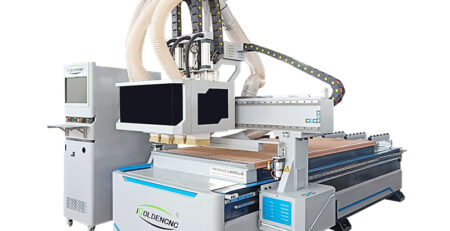
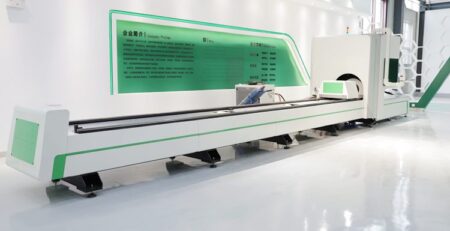
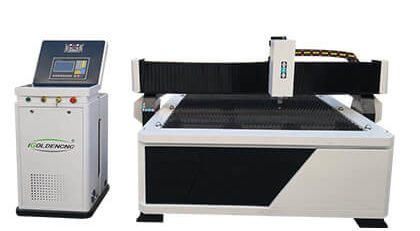
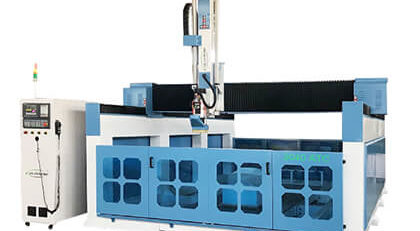
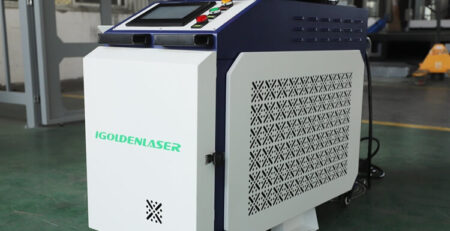
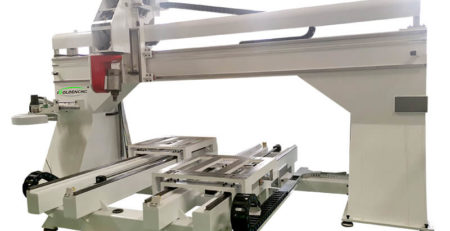
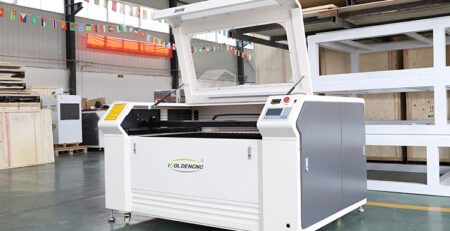
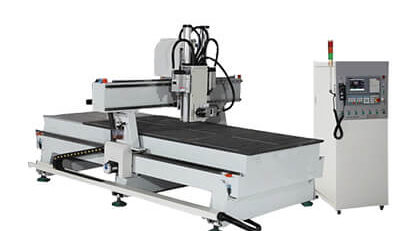
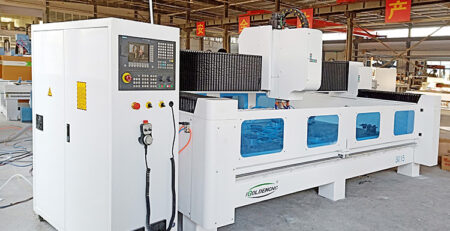
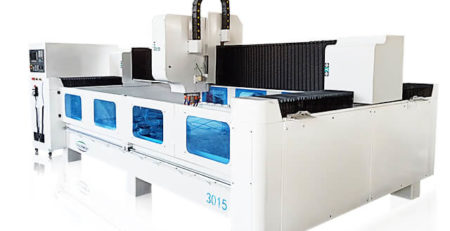





Leave a Reply
You must be logged in to post a comment.